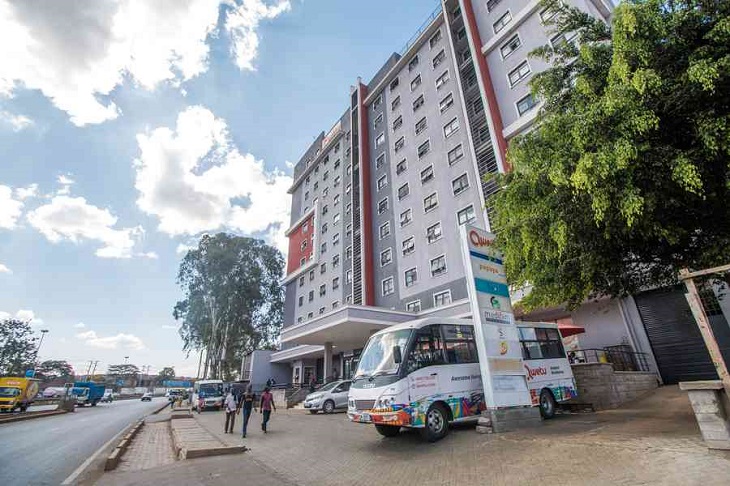According to the Fresh Produce Consortium Kenya, Kenya has a huge potential in farming and exporting avocados and bananas. The consortium says a lot still needs to be done to equip Kenyan farmers with skills so that they can compete with the global market.
The body has moved to create an avocado and banana digital communication and marketing strategy to address the information challenges by providing a framework for the effective digital promotion of Kenya’s avocado and bananas through digital media.
Kenya is ranked 6th in the export of avocados globally, and 1st in Africa. At the same time, Kenya is ranked 3rd after Israel and Mexico among avocado exporters to the European market with Netherlands, UAE, France, UK, and Saudi Arabia being the 5 largest importers of Kenyan avocados.
Kenya is still highly underpenetrated in the UK, key EU countries, and China, strong position in ME markets and Russia. Locally Avocado is the fourth most important fruit after banana, pineapple, and mango.
According to FPC, Kenya produces a limited quantity and quality of varietals of avocados desired by export markets; 80 percent of production is local varieties, 20 percent Fuerte, and less than 10 percent is Hass which is most in demand for export.
Domestic consumption of avocado is estimated at 1-2 kg /person/year and is on the increase as the population gets sensitized to its nutritional aspects.
“We are also introducing new technologies that will remove the seasonality of the exports and make avocados from Kenya an all-year-round product. This includes non-destructive testing from New Zealand that ensures all our exports are mature and we can provide the buyer with the quality they are looking for at all times. This will give the country an edge over other competitors limited by their off-season,” said Mr. Benjamin Tito from the Horticulture Directorate.
When it comes to bananas, Kenya’s banana industry is the largest fruit sub-sector in Kenya accounting for about 37 percent of the country’s total fruit production by volume. Bananas are a dietary staple in Kenya, contributing up to 25 percent of daily nutritional intake in rural areas.
Constraints to banana crop growth include low access to uncontaminated growing materials, farmers unable to sell directly to end-markets, low usage of handling and storing equipment, and Global banana producers have export industries operating at scale, cheaply producing high-quality bananas making it difficult to break into import markets.
“For Bananas specifically, KCDMS has identified that potential can only be realized starting with access to healthy growing materials, capacity building of growers through cooperatives which can then get access to finance and training and thereafter develop industries for value addition. For avocados, Kenya can export more by planting the Hass and Fuerte varieties as the dominant local variety representing the large percentage of the produce fetch low prices locally unless value-added”, added Mr. Tito.
Kenya’s Avocado And Banana Digital Communication And Marketing Strategy Launched










